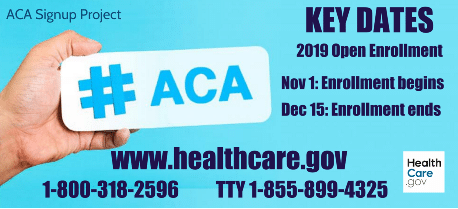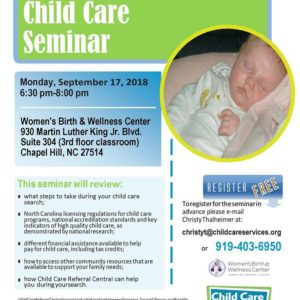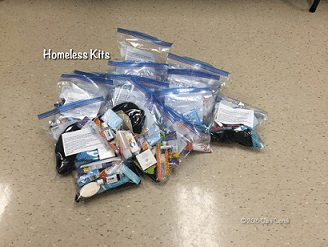Maternal Mental Health Matters!
By Nancy Albrecht MA, RN, BSN Facilitator: Coping with Motherhood Support Group May is Maternal Mental Health (MMH) month, with the fourth annual World Maternal Mental Health Day held on Wednesday, May 1, 2019. We need special focus on MMH to: · Increase visibility because NO ONE IS IMMUNE! · Combat social stigma because ILLNESS IS NOT A CRIME! · Improve detection and treatment because 1 IN 5 NEW MOTHERS EXPERIENCE MMH DISORDERS and 7 IN 10 WOMEN HIDE OR DOWNPLAY THEIR SYMPTOMS! · To earmark more resources to maternal and infant mental health because NO HEALTH WITHOUT MENTAL HEALTH! If you are a mom struggling with mood changes or anxiety, the WBWC midwives, nurses, and staff are here to help. Whether you are pregnant, newly postpartum, or have a toddler, you are not alone and will recover! You may regain your life as you: · Turn to those around you and ask for help. · Seek professional support from your midwife or a referral to a therapist. · Find peer support from a support group like Coping with Motherhood or online at PSI (www.postpartum.net). · Acknowledge and grieve the loss of the “ideal” motherhood experience. · Look ahead to wellness. Spouses, family members, and friends may be the first to notice these changes. You can help by: Ask her “How are you doing, how are you really doing?” LISTEN to what she says! No matter how many people you think are supporting her, there are often way too few who ask and listen. Everyone wants to know how the baby is: how baby is growing and moving or how baby is sleeping, eating, pooping, etc??? Nobody is asking mom if she’s getting rest; if she’s eating regularly; if she gets to take a shower when she needs or wants to. Ask her “How much did you sleep last night?” “What did you eat today?” Help her make a sleep plan and bring her food. Ask her “Are you okay?” Be prepared if she says NO: Call us! Moms and family members can become MMH activists: Support PSI. Participate in the annual Climb Out of the Darkness events sponsored by PSI-NC (https://psichapters.com/nc/): Chapel Hill, Saturday, June 8, 2019 and Durham, Saturday, October 19, 2019. Make sure your professional support team has been trained by PSI. Emily Joubert, CNM will be the most recently trained member of the WBWC staff, attending … Read More








